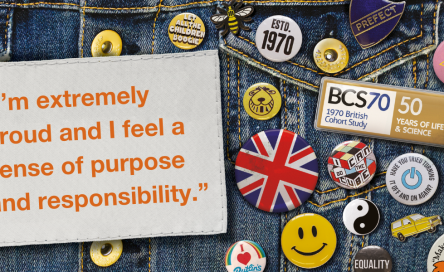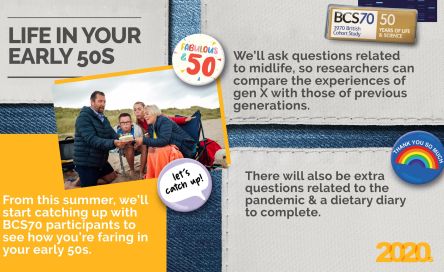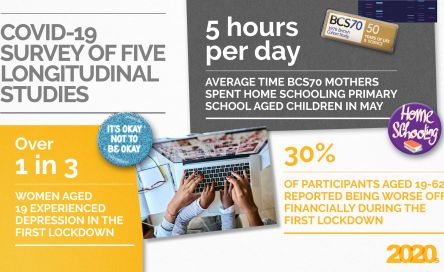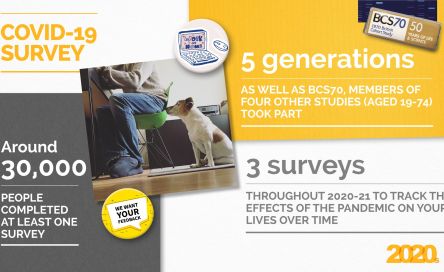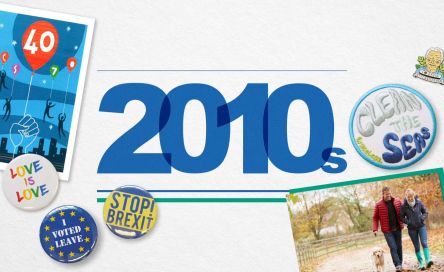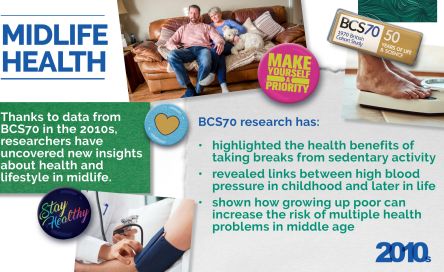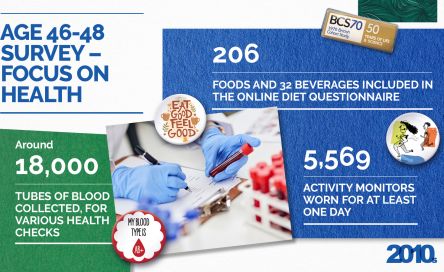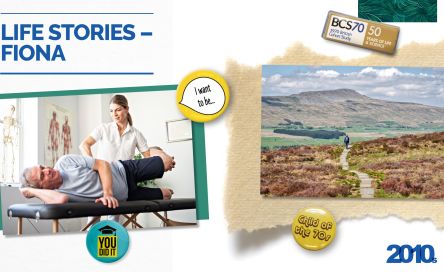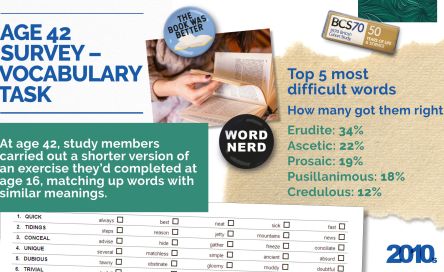50 stories in 50 weeks – the final word
We’ve now reached the end of our year-long celebration of the 1970 British Cohort Study. Over the past 50 weeks, we’ve traversed five decades of British social and political history, to tell the story of BCS70. Over to you, BCS70 heroes, for the final word in our 50 stories in 50 weeks journey…


